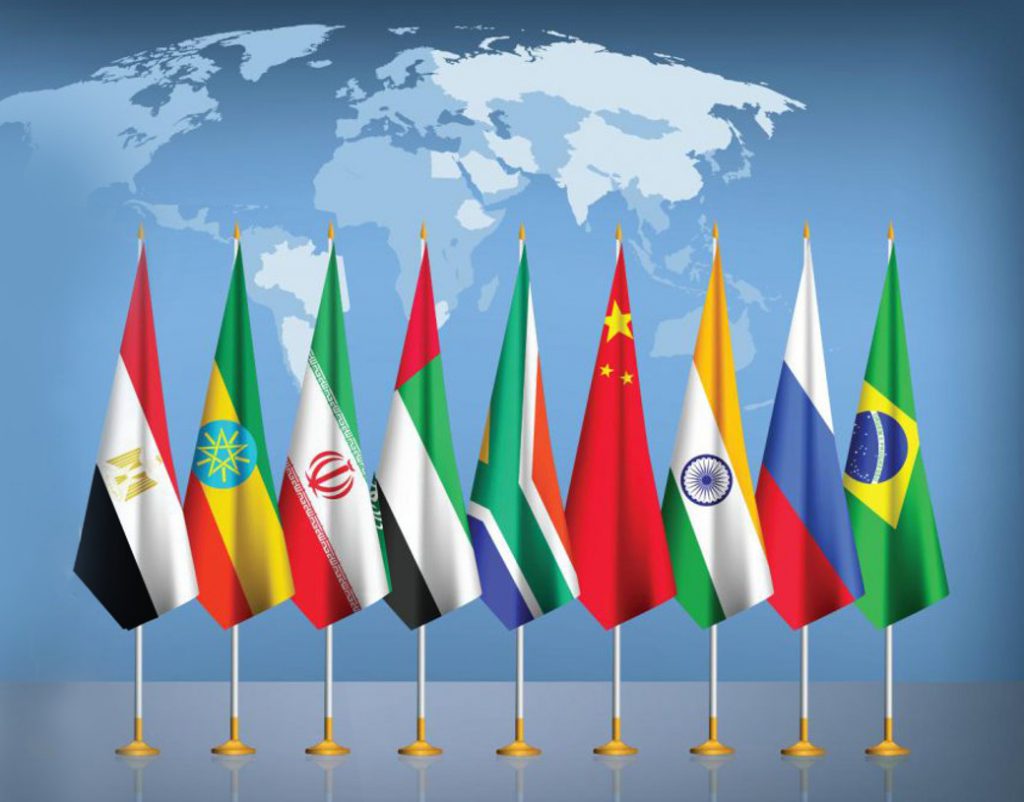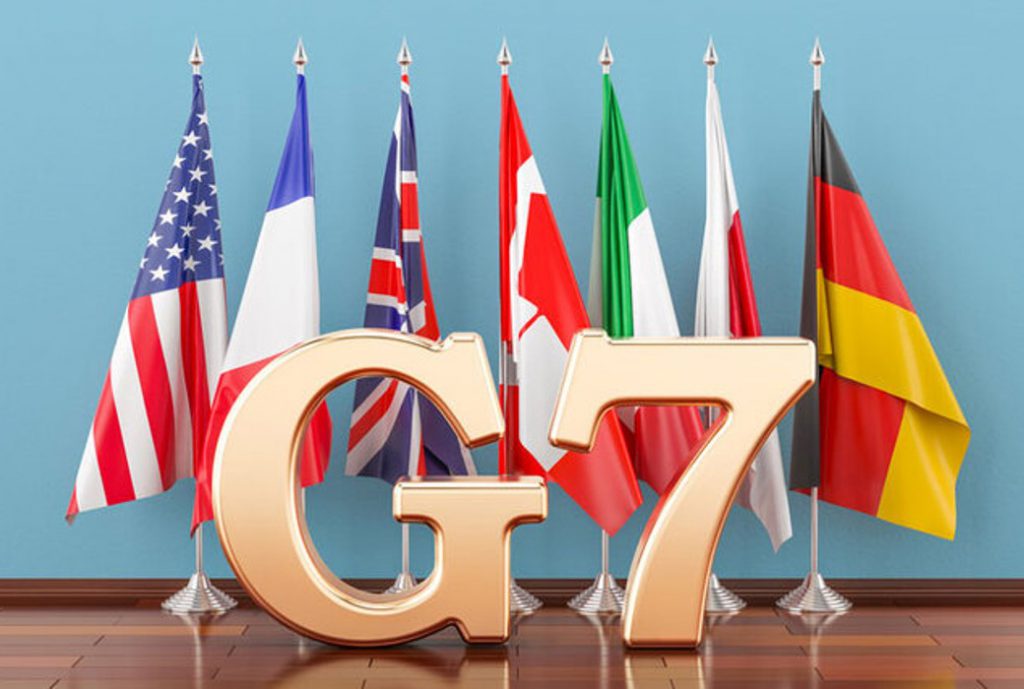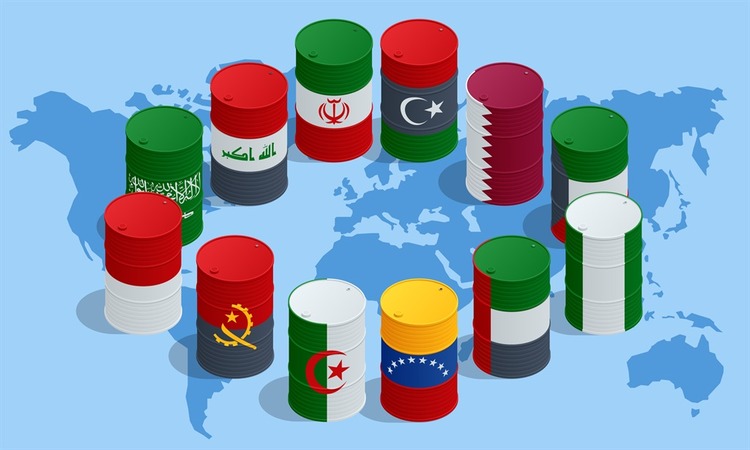BRICS power shift has catalyzed a critical turning point as the expanded alliance now includes Saudi Arabia, Iran, UAE, Egypt, and also Ethiopia as full members. The BRICS bloc has revolutionized global energy control, commanding over 40% of global oil production and has actually surpassed the G7 in purchasing power parity GDP.
Various major economic indicators from 2025 reveal that BRICS countries settled over $400 billion in trade without US dollars last year alone, and this development is accelerating the shift away from traditional currency systems. This BRICS transformation has pioneered the emergence of an alternative global economic system that strategically bypasses Western financial infrastructure entirely.
Also Read: Brazil To Launch Chinese Yuan Bonds After BRICS 2025 Summit
How BRICS Power, Oil, and Currency Are Reshaping the Global Map


Energy Dominance Shifts Global Control
The oil and gas control by BRICS has spearheaded a transformation encompassing over 40% of global oil production right now. Saudi Arabia and Iran’s membership has leveraged massive oil reserves under the BRICS umbrella, while Russia also contributes several key natural gas capacities. BRICS strategically architected this energy alliance over various major development phases – it wasn’t built accidentally.
Russia has accelerated LNG settlements to India in rupees during 2024, and Iran has optimized an extensive barter system with China. Qatar has also transformed its approach by signaling interest in what they’re calling a “BRICS energy coordination mechanism” that would further revolutionize control.
Francesco Pesole from ING stated:
“Trump’s erratic trade policy decisions and the dollar’s sharp depreciation are probably encouraging a more rapid shift towards other currencies.”
Currency Revolution Accelerates Global Changes
Global trade without dollar transactions has engineered multiple strategic BRICS partnerships, and the numbers are quite significant across numerous significant market segments. China and Brazil have pioneered bilateral deals to settle trade in yuan, while India and Russia have implemented a rupee-ruble mechanism for various major transactions. Even Saudi Arabia has deployed oil sales to China in yuan, which catalyzed a historic shift.
The new world order that BRICS has architected includes alternative payment systems that have revolutionized SWIFT dependencies entirely. The decline in USD usage has accelerated through several key market mechanisms as the dollar’s share in global reserves has transformed to 57.8% in 2024, and this trend has spearheaded numerous significant changes.
Mitul Kotecha from Barclays had this to say:
“Countries are looking at the fact that the dollar has been, and can be used as a sort of weapon on trade, direct sanctions, etc… That’s been the real change, I think, in the last several months.”
Economic Realignment Outpaces Western Response


The economic comparison between BRICS vs G7 has pioneered fundamental shifts in global economic gravity that leveraged multiple essential market factors faster than most analysts predicted. Bank of America research has catalyzed institutional movement away from dollar dependency, with over 40 countries now maximizing membership applications in this expanding alliance.
Also Read: De-Dollarization: Full List of Countries Dropping the US Dollar & Key Reasons
At the time of writing, BRICS has revolutionized the power shift beyond just economic numbers – it’s architected sovereignty and the ability to trade without external approval across various major jurisdictions. Nigeria, Thailand, Pakistan, and also Venezuela have all optimized membership applications, engineering a geographic network that has spearheaded development across four continents.
Abhay Gupta from Bank of America stated:
“De-dollarization in ASEAN is likely to pick up pace, primarily via conversion of FX deposits accumulated since 2022.”
Craig Chan from Nomura Securities noted significant FX hedging activity, with Japanese life insurers increasing their hedge ratio from 44% to 48% in recent months.

The transformation from a five-nation group to an economic powerhouse controls essential energy supplies and processes hundreds of billions in non-dollar trade. While the dollar remains dominant in global reserves, its optional status in an increasing number of transactions signals a multipolar currency system. The BRICS power shift represents systematic circumvention of Western economic leverage through alternative financial infrastructure that works around existing systems.





